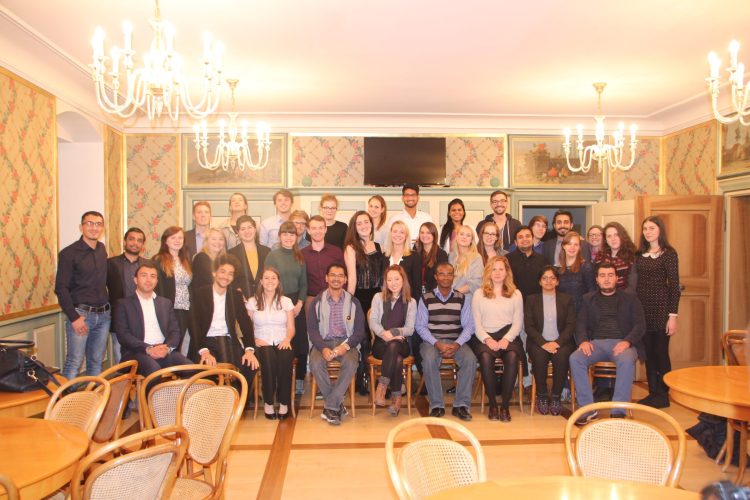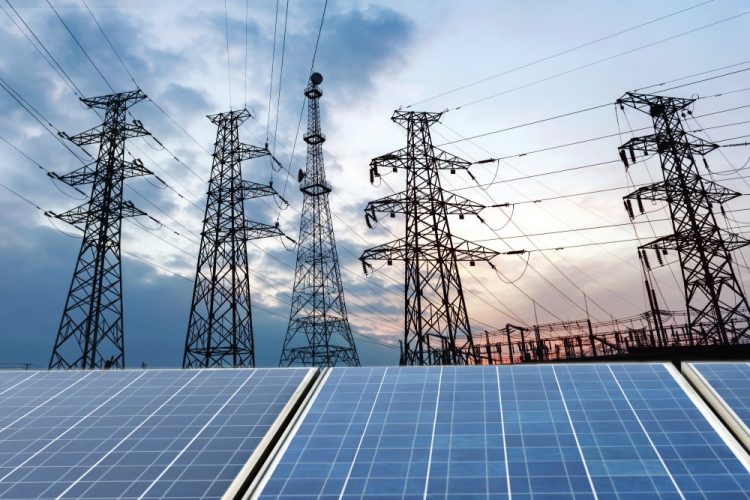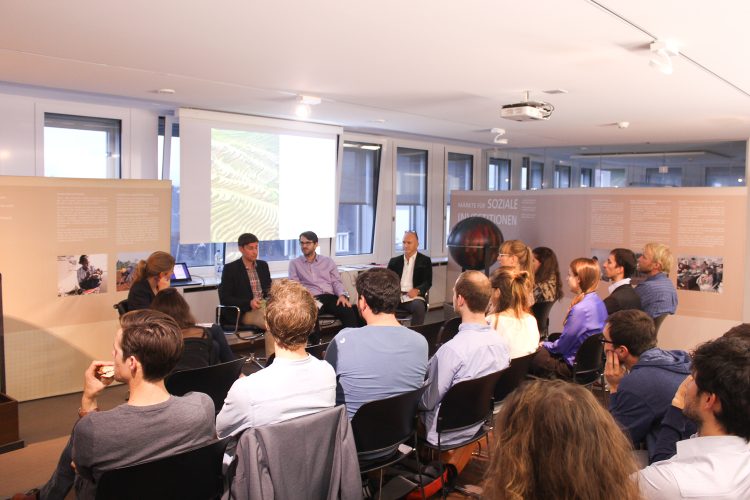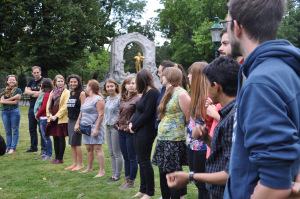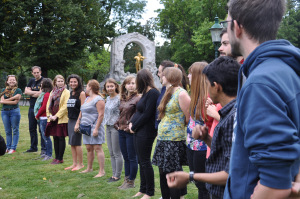On a warm Friday afternoon, precisely October 23rd 2015, around 40 oikos presidents and representatives arrived at St. Gallen’s train station with bags full of enthusiasm, expectations and the...
Through the development of a Performance Index for Social Enterprises, the author aims at two main goals: Firstly, to help investors in their sustainability assessment of social enterprises (socially,...
For investments in renewable energy consumers, electric utilities as well as private and institutional investors use a wide range of financial instruments. In the past few years, innovative models...
In this thesis, we will see how economic growth, as it is understood today, cannot be sustained into the future. This is mainly due to environmental limits, but also...
When you think of oikos, you think about everything sustainability. You think about our passions for multi-culturalism, being entrepreneurial, we love food and constantly staying open minded and debating...
We at oikos, like nature, are also looking forward to transitions in our family welcoming new members with open arms. So, in case you have a love for writing, strategizing or...
On a very warm, windy and pleasant Vienna day, the oikos CEE Meeting 2015 commenced. Participants travelled from more than seven countries to be united in learning more about...


